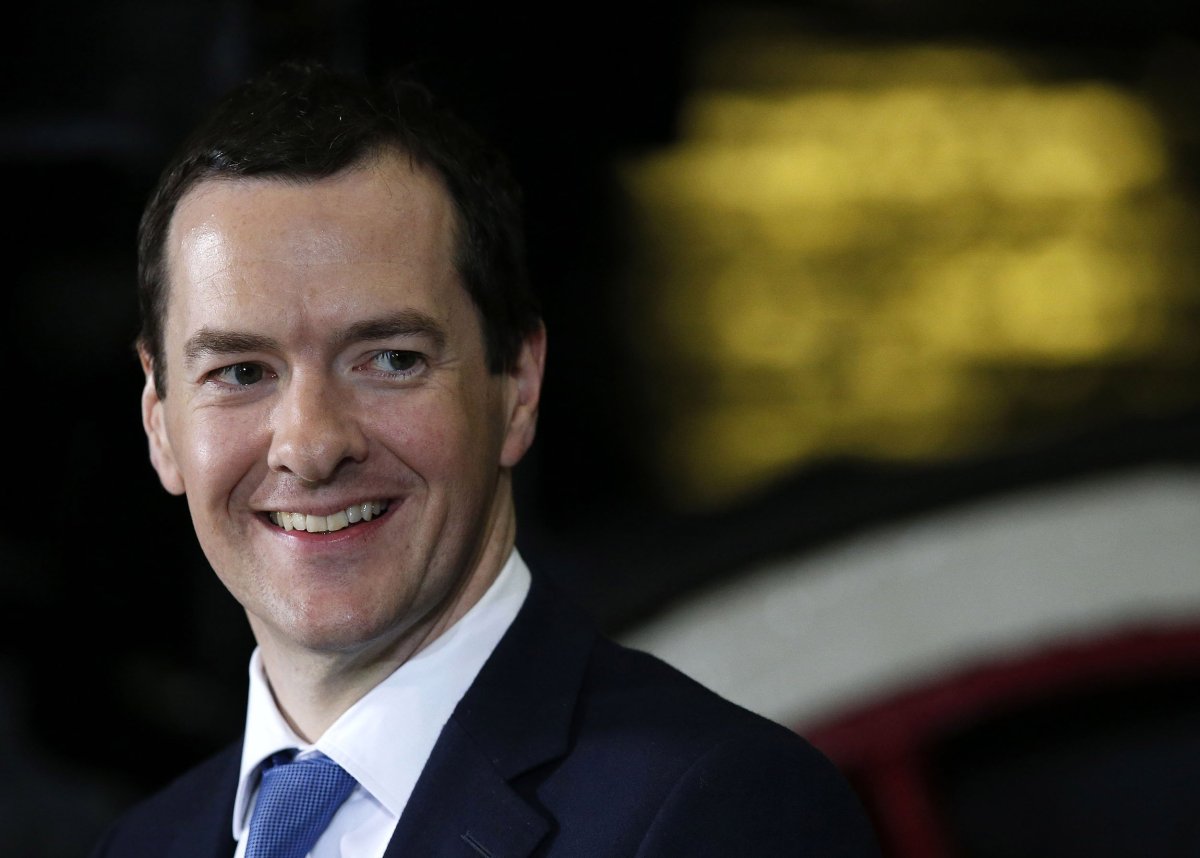
As we look forward to this year, the European economy can again expect solid if unspectacular growth. But this is cause for, at best, muted celebrations given the troubles on the horizon—stock market falls around the world, the slowdown in China, deep problems in Brazil and in Russia, and increased tension in the Middle East.
We can and should respond positively to these troubles, but we must recognize that in themselves they are not the cause of the EU's underpowered growth. The causes and solutions are much closer to home. In recent years, while fire-fighting the eurozone crisis, the EU has not done enough to make itself competitive and a source of jobs and growth.
This is what many of the key U.K. proposals for EU reform are about. We want the EU to rekindle its commitment to economic prosperity. This will benefit all member states.
Of course, EU reform must be built on action taken at home by each member state. The U.K. has been focused on its own reform agenda and long-term economic plan. By making tough decisions to stabilize the public finances, cutting business taxes and promoting a more dynamic economy, Britain made itself the fastest-growing major advanced economy in 2014. The International Monetary Fund forecasts the U.K., along with the U.S., will have led the pack in 2015.
But reform must ultimately come from the EU itself. I believe there are four things the EU needs to do to make itself more competitive and drive its economies ahead.
First, complete the single market in digital goods and services. The European Commission has recognized this, and last year it published several very positive papers on strengthening further the single market. This is welcome; we now need to see these plans translated into action.
Second, the EU must cut business red tape. This area has also seen some tangible results, with the new commission reducing the flow of regulatory proposals by 80 percent. The U.K. and 18 other member states recently wrote to commission First Vice President Frans Timmermans calling for further action to curb excessive regulatory burdens. This means the introduction of a new regulatory burden–reduction target in order to cut the stock as well as the flow of red tape.
Third, the EU must step up its efforts to secure trade deals with the rest of the world. Again, there have been a number of very welcome recent developments: the European Commission's ambitious trade strategy, the December 2015 conclusion of negotiations for an EU-Vietnam Free Trade Agreement and the World Trade Organization deal in Nairobi, as well as the ITA II deal that eliminates tariffs on information technology products that account for over $1.3 trillion worth of trade per year (around 7 percent of total global trade). But there is much more to do, in particular agreeing to the free trade deals currently under negotiation—including the Transatlantic Trade and Investment Partnership.
Fourth, finally and most crucially, the EU needs to fix the relationship between those member states in the single currency and those outside so that the eurozone is able to make the reforms it needs to strengthen the governance of the euro, while protecting the interests of countries, like Britain, that have not joined.

That is why, as part of its EU renegotiation, the U.K. has proposed a set of principles to guide the relationship between euro ins and outs in a way that meets the needs of all. We have seen examples in which we have worked together to find mutually acceptable solutions. The deal secured this summer that enabled the eurozone countries to provide short-term assistance to Greece through the European Financial Stabilization Mechanism, while guaranteeing that there would be no financial liability for euro outs, is just one example.
We need a stable and sustainable system of governance, one that enables us to avoid repeated and difficult arguments over the same sorts of issues, and one that means the euro outs can support the eurozone in making the lasting changes it needs rather than stand in the way.
The key point is that this new economic governance can benefit all, ensuring the EU can move forward with reform to complete the single market while the eurozone moves forward with completing the single currency. This would provide security to all euro outs that their interests will be fully protected.
Such a settlement can provide a basis for greater transparency and trust, allowing the EU to move forward to tackle the challenges it faces in a spirit of mutual cooperation and is fundamental to reforming the EU more generally.
All European people need the reassurance that the EU is committed to reform. They need assurance that it is committed to democratic accountability and to boosting jobs and growth in the single market. We must all work together to create an EU that works for all its members, whether inside or outside the eurozone.
George Osborne is Britain's Chancellor of the Exchequer.
Uncommon Knowledge
Newsweek is committed to challenging conventional wisdom and finding connections in the search for common ground.
Newsweek is committed to challenging conventional wisdom and finding connections in the search for common ground.
About the writer
To read how Newsweek uses AI as a newsroom tool, Click here.








